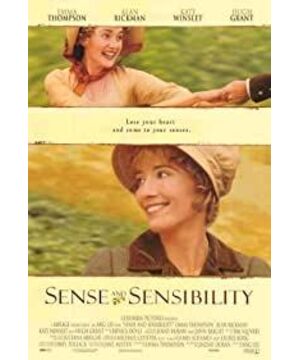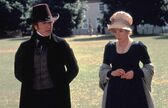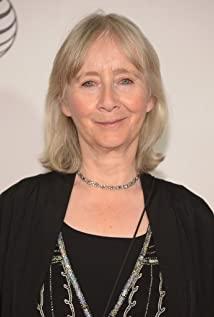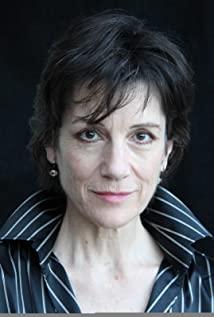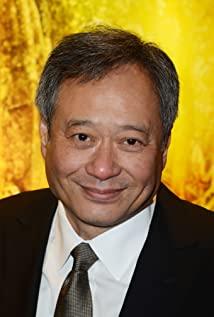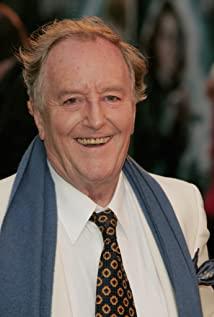Li Ang became the first Asian to win two Oscars for Best Director. However, "Life of Pi" and "Brokeback Mountains" (Brokeback Mountains), which are both home to the Oscars, Both are veritable English films. The former is adapted from the British Booker Award novel of the same name, and the latter is the best novel of the year in the American "New Yorker", without the slightest Chinese element. Many people can't help asking, why can such an elegant, gentle and even a little shy Chinese director stand on the cusp of Hollywood and win one crown after another?
In fact, Ang Lee's excellence comes from his tolerance beyond his own cultural origins. Zhang Yimou once commented on Ang Lee as "the first person to connect China and the West"; film scholar William Liang went a step further and evaluated Ang Lee's films with "Crouching Sensibility, Hidden Sense" (Crouching Sensibility, Hidden Sense): Existing Western culture dialectics The confrontation between romanticism and rationalism in China ("Sense and Sensibility"), and the opposition between Confucianism and Taoism in traditional Chinese culture ("Crouching Tiger, Hidden Dragon").
It should be said that many English films of Ang Lee follow the external form and operating mechanism of Hollywood movies, but at the same time they have both Eastern culture and Eastern emotional expression. Whether it’s Sense and Emotion, The Ice Storm, Brokeback Mountain, Taking Woodstock, we can all find a great Chinese theme, "Facing Responsibility, do we need to hide or suppress emotions.” If we give this subject a more universal annotation that can transcend any cultural boundaries, it is the dialectical aspect embodied in Jane Austen’s works—sensibility is to reason. The role of private (emotions, personal feelings) to the public (etiquette, responsibility), and the need for self-realization to social norms.
"Sense and Emotion" is Lee Ang's first English film, which already reveals Lee's oriental theme. Sister Eleanor’s behavior is rational and conservative, and she abides by responsibilities and social etiquette; sister Marianne is romantic and sensual, and her emotions of sadness or happiness are always released without restraint. Eleanor "hides", while Marianne "shows" that the two are very similar to the eldest and third sisters in "Diet and Men". However, with the development of the story, both of them discovered emotions that were opposed to the previous behavioral framework from their bodies: their sister opened her heart to accept her romantic and sensual side after Edward's return; her sister Shewei Lebi chose the cloth Colonel Langdon is well-founded, not humble or overbearing. No wonder some people say that "Sense and Emotion" is a reprint of "Diet Men and Women". There is a conflict/fusion, imbalance/balance between rationality and sensibility in responsibility and emotion. This is Jane Austen’s dialectics and Li Ang’s Taijiquan.
The same "hiding" and "revealing", Ang Lee played again in "Brokeback Mountain". Ennis represents "hiding" and often suppresses one's true emotions, like the sister Eleanor in "Sense and Emotion"; while Jack represents "revealing", passion, impulsive, straightforward, and more like sister Marianne. Due to strict customs, norms and taboos at the time, the two were forced to leave Brokeback Mountain and have been on each side since then. However, when Ennis visited Jack's former residence at the end of the film, he found that his shirt was put in Jack's shirt, which means to embrace forever and miss for a long time. The audience then realized that Jack also had a forbearing side. Emotionally, he compromised with the secular, but failed to obtain the perfect of the secular. On the other hand, "The Fantastic Drifting of Juvenile School", the theme of which seems to be all-encompassing at first glance, is actually in the same line as "Sense and Emotion". The film has two stories about reality and fiction. The former represents fantasy, richness, and romanticism, and the latter represents calmness, cruelty, and realism. This, in turn, is a typical intertextual relationship with the parent’s way of enlightenment and life. The mother is sensitive, believes in religion, and has Eastern mysticism. She is the source of motivation to build the first story; and the father is cold, believes in science, and advocates. Western rationalism, he is the true template for the execution of the second story. It can be seen that the themes of these two films fall on the struggle of self-repression and free expression. This is the common core of all Lee Ang's films, and it is also Lee Ang's mastering skills based in Hollywood.
In fact, Ang Lee's housekeeping skills are not born out of thin air, it has its own soil and blood. For example, the first "Crouching Tiger, Hidden Dragon" to get through Hollywood, it has a certain type of connection with Hu Jinquan's "Xia Nu" and Li Hanxiang's "Liang Shanbo and Zhu Yingtai". The mirroring, framing and film techniques of Ang Lee's films are deeply influenced by Taiwan New Films and others. The New York Times once pointed out that Ang Lee’s "Crouching Tiger, Hidden Dragon" and "Brokeback Mountain" are more or less the shadow of "Blessed Lovers"; Ang Lee also once described Zhang Ziyi's suicide in "Crouching Tiger, Hidden Dragon". Yue is connected with Letti and Ling Bo flew to heaven together in "The Butterfly Lovers". They all take the individual's repression of feelings and sacrifice of love when facing responsibilities as the subject, and create an outlet for personal emotional venting by exaggerating tragedies, thereby moving the audience. Especially in the context of globalization where externality is increasingly emphasized, the "hidden dragon" that suppresses individual emotions is becoming more and more precious. It forms a tit-for-tat contradiction with the "crouching tiger" that emphasizes the freedom of individual will, with great symbolic significance and artistic rendering power. Ang Lee seized this opportunity to stand at the intersection of Chinese and Western cultures. In the era of globalization, the irreplaceable intentions in national cultures were hidden, bridged the differences between Chinese and Western cognition and senses, and discovered and explored the integration of the two. Way out. This is the "crouching tiger" of Ang Lee's movie, and it is also the "hidden dragon" of Ang Lee himself.
"Rite and Chi"
View more about Sense and Sensibility reviews


